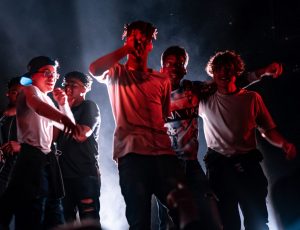I imagine that a fair amount of teens feel like they’re missing out on “normal” high school life…especially the dating part. Catching that cutie’s eye in class, flirting in the hallway, sharing phone #s, texting, and then…dating itself. To a teen, dating can feel like proof that you’ve “arrived” socially. If you were to quiz middle schoolers about their expectations about high school, dating is way up there in hopes and dreams for those 4 years.
Maybe you want your teen to experience normal dating, because…well, it IS a sign of normal development for our kids to date, right?
New research from the University of Georgia, published online in The Journal of School Health, examined the assumption that dating is “normal and essential for a teen’s individual development and well-being.” Lead researcher Brooke Douglas notes that “The majority of teens have had some type of romantic experience by 15 to 17 years of age” suggesting to some researchers that dating during teenage years is a normative behavior. “That is, adolescents who have a romantic relationship are therefore considered ‘on time’ in their psychological development.” So, wondered Brooke, would non-daters have some deficit in social development? Are they the stereotypical social misfits?
to some researchers that dating during teenage years is a normative behavior. “That is, adolescents who have a romantic relationship are therefore considered ‘on time’ in their psychological development.” So, wondered Brooke, would non-daters have some deficit in social development? Are they the stereotypical social misfits?
Not at all! It turned out that “Non-dating students had similar or better interpersonal skills than their more frequently dating peers…. [and] teachers rated the non-dating students significantly higher for social skills and leadership skills than their dating peers.” In addition, those who didn’t date were also less likely to be depressed.
Takeaway? If your child has not entered the dating scene (or is missing it during this shut-down)…reassure him or her that it’s actually perfectly “normal” to enjoy high school without dating…and they’ll probably be happier for it! There are plenty of other fantastic friendships and experiences awaiting them in middle and high school.


